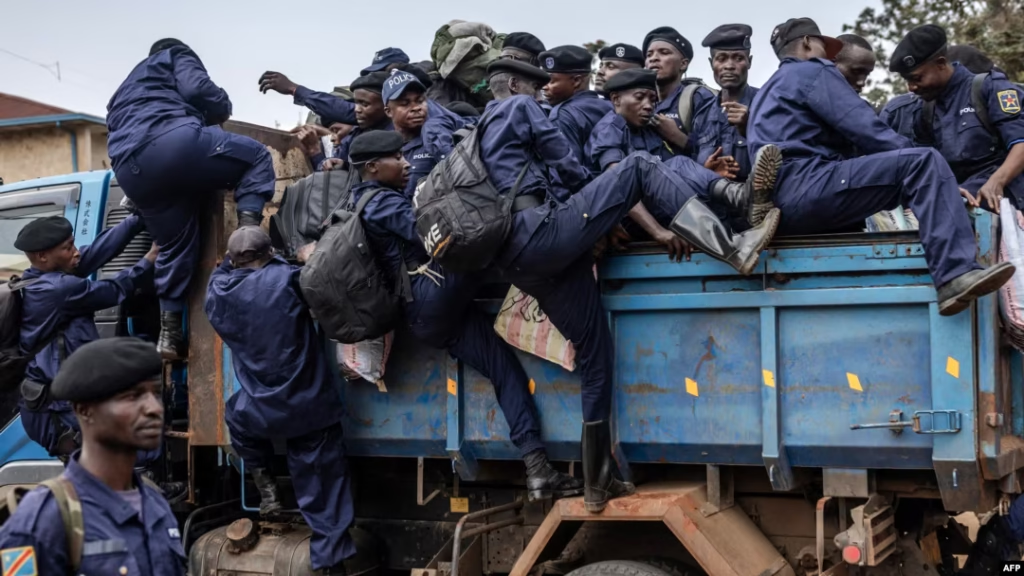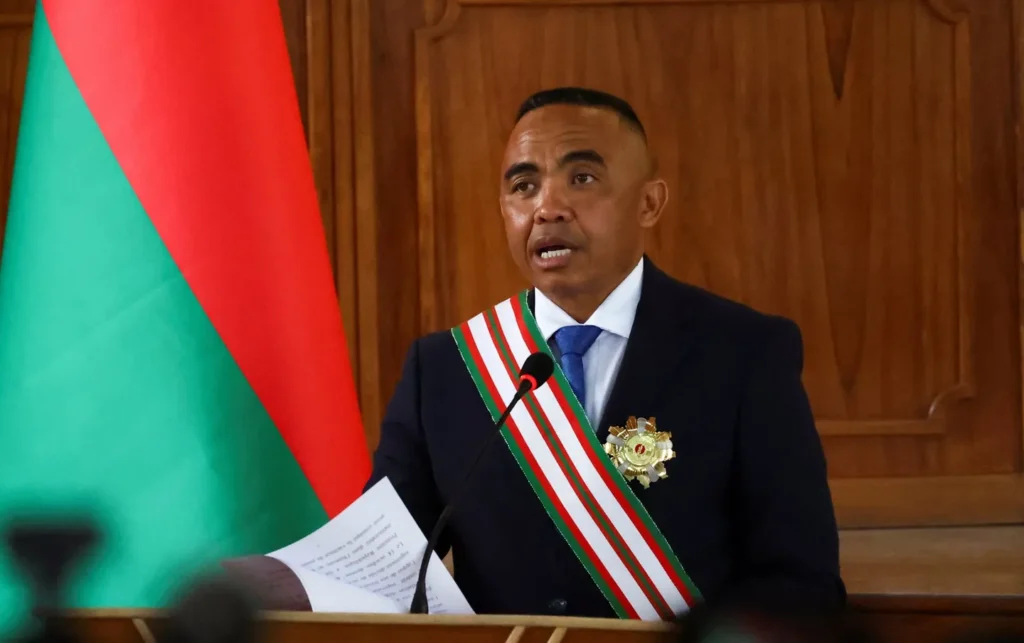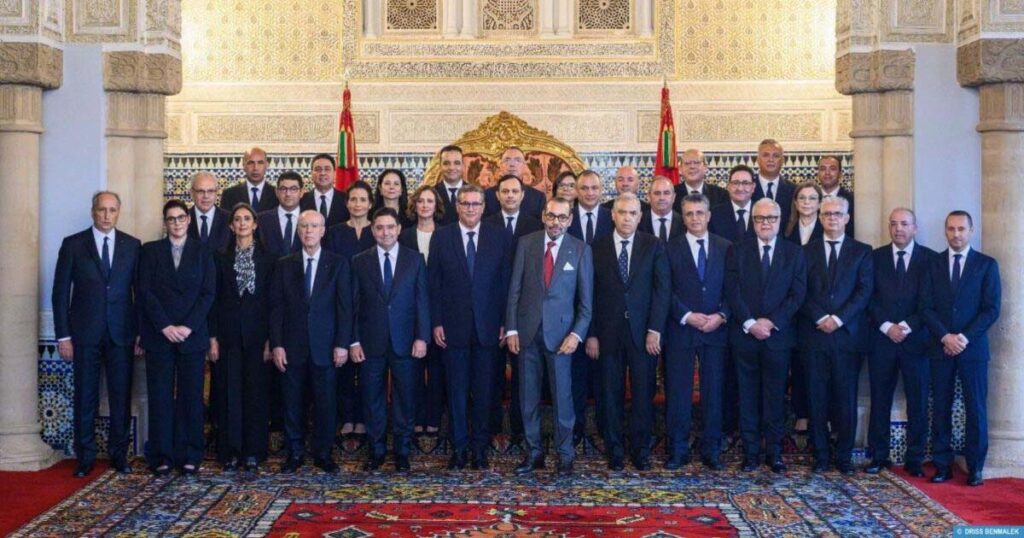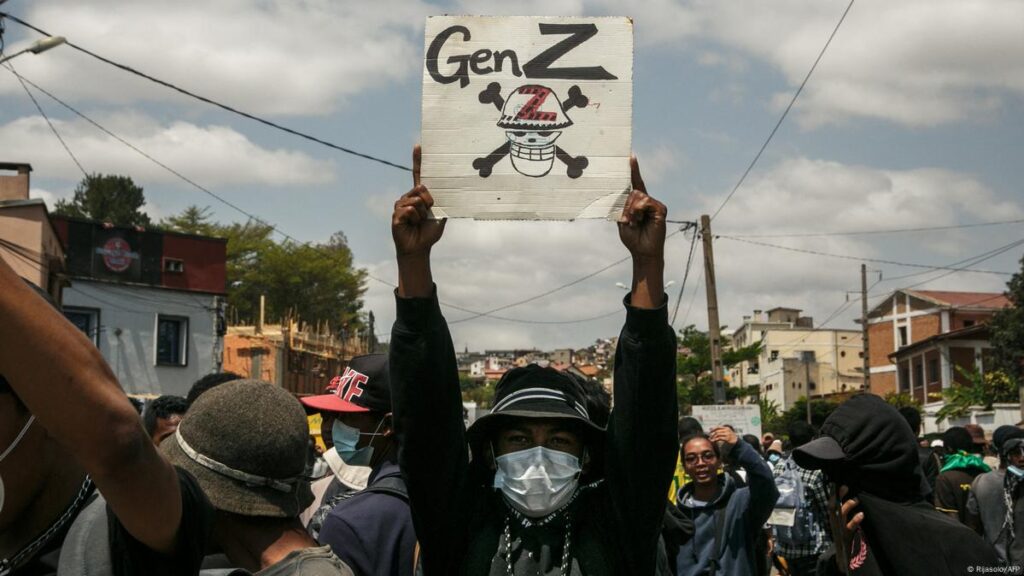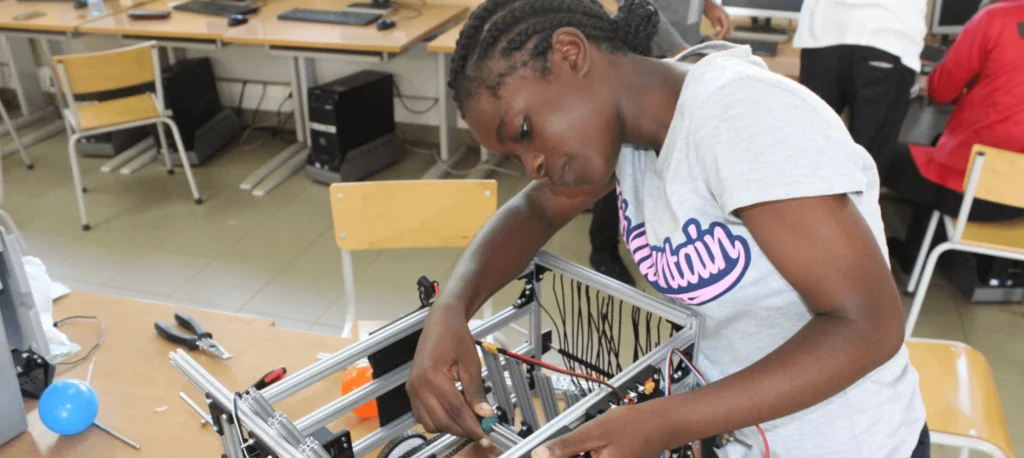
Sixteen Mozambican nationals trafficked to Laos have been rescued from brutal exploitation and returned home, the International Organization for Migration (IOM) confirmed Friday.
The victims, two women and fourteen men, were lured by false promises of salaries exceeding 100,000 meticais ($1,565) for overseas work opportunities.
Instead of legitimate employment, they were thrust into gruelling labour in coal mines and bamboo cutting, with their passports confiscated by traffickers.
The IOM reported that many never received wages, while others were handed only a fraction of the earnings they had been promised.
Some victims had been stranded in Laos since mid-2024, while others had endured similar conditions since the early months of 2025.
Mozambique’s government said it was cooperating with the IOM and Laotian authorities to locate seven more citizens feared trapped in comparable conditions.
Officials stressed that the search aimed to dismantle trafficking networks while ensuring the safe return of Mozambicans subjected to forced labour in Southeast Asia.
Despite Mozambique’s wealth in natural resources, widespread poverty and unemployment push many to migrate, exposing them to manipulation by traffickers seeking cheap labour abroad.
The IOM urged governments to remain vigilant against human trafficking and strengthen protective measures for vulnerable communities facing economic desperation and deception.
The organisation said the case highlighted the human cost of exploitation, where dreams of opportunity were twisted into captivity under slave-like conditions.
Mozambican authorities pledged ongoing efforts to shield citizens from similar abuses, promising cooperation with international partners to identify, rescue, and reintegrate the victims.
The return of the sixteen survivors was described as a fragile triumph, underscoring both the resilience of the rescued and the cruelty of traffickers.
Their stories now stand as testimony to a global crime that transforms poverty into chains, and hope into heartbreak, demanding unwavering international attention.

